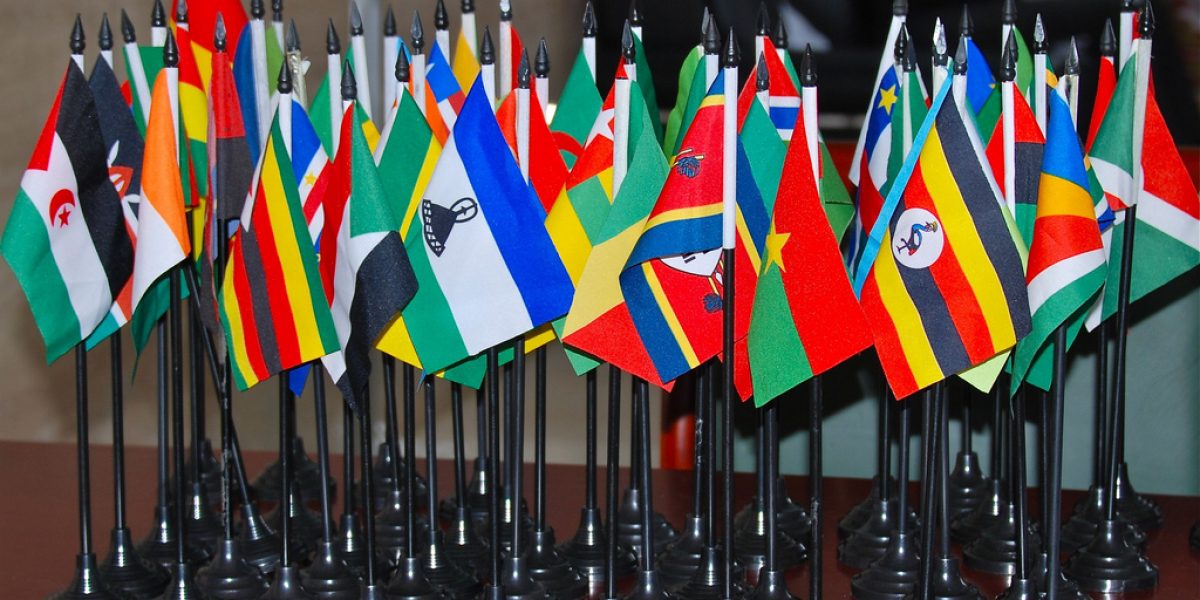To assess the impact of the African Peer Review Mechanism (APRM), it is necessary to understand where it came from. In the Africa of the old Organisation of African Unity, the sovereignty of states was paramount and criticism of countries within the magic circle unacceptable. Today the idea that individual sovereign states should voluntarily submit their governance and economic development practices to judgment by their peers has been accepted by more than half the countries on the continent, containing three-quarters of the population of Africa. There is widespread acknowledgment that ‘development is impossible without true democracy, respect for human rights, peace and good governance’.
Three generations of governance mechanisms – the grandfather, the African Union; the father, the New Partnership for Africa’s Development; the child, APRM – have helped to bring about this remarkable change. But has the process been truly embraced by all who have signed up to it? Is it deeply engrained? Has it made peer criticism more palatable?
In this paper Steven Gruzd assesses the benefits that the APRM has brought to the continent, and the obstacles that militate against success. He says the process has ‘tremendous potential’, but is not a panacea. It has shown that it can identify problems like xenophobia, but cannot enforce solutions. It can identify ‘best practice’ in individual countries, but cannot ensure that others learn from it. It has sometimes been bedevilled by rivalries, strained administrative structures and institutional uncertainty. There has not been enough evidence that peer pressure is working and not all gains can be attributed to the APRM anyway.
But, unequivocally, the process has contributed to democracy by widening political space and involving more citizens. As to the future, the author concludes that much will depend on the role that African leadership plays in steering the process. One imperative is evident: if the unprecedented support continentally and internationally is to continue, the APRM must show that it is succeeding.
The original draft of this paper was prepared for the Centre for Policy Studies (CPS) conference on African Continental and Regional Governance Challenges and Perspectives, Johannesburg, 25 November 2008, as part of the CPS/DANIDA workshop series focusing on the ‘New’ African Agenda: Africa’s Emerging Progressive Governance Architecture. Permission by the CPS to publish this revised and updated version is gratefully acknowledged. Dr Sven Grimm, Dr Kojo Busia, Grant Masterson and Tšoeu Petlane are thanked for comments on earlier drafts.
Governance Perspectives are occasional papers that we hope will contribute to a more robust conversation about the nature of Africa’s governance challenges.








